"Hungary's position is clear: the European Union has taken a completely unreasonable decision on Ukraine's accession. It is irrational and we do not yet know anything about its effects, which is why we Hungarians wanted no part in it," Peter Szijjarto told Mandiner in a podcast interview. It is also clear that this is not a practical decision, but rather a decision of principle, Hungary's foreign minister added.
Hungary FM: EU's Decision on Ukraine Carries No Practical Significance
The reasons why we do not support Ukraine's accession to the EU continue to exist, Hungarian Minister of Foreign Affairs and Trade told the Mandiner portal in a podcast program. In addition to the decision taken at the EU summit, the minister also spoke about the possibilities of vetoing, the situation of the Hungarian minority in Transcarpathia, and Hungary's relations with Russia and the United States.
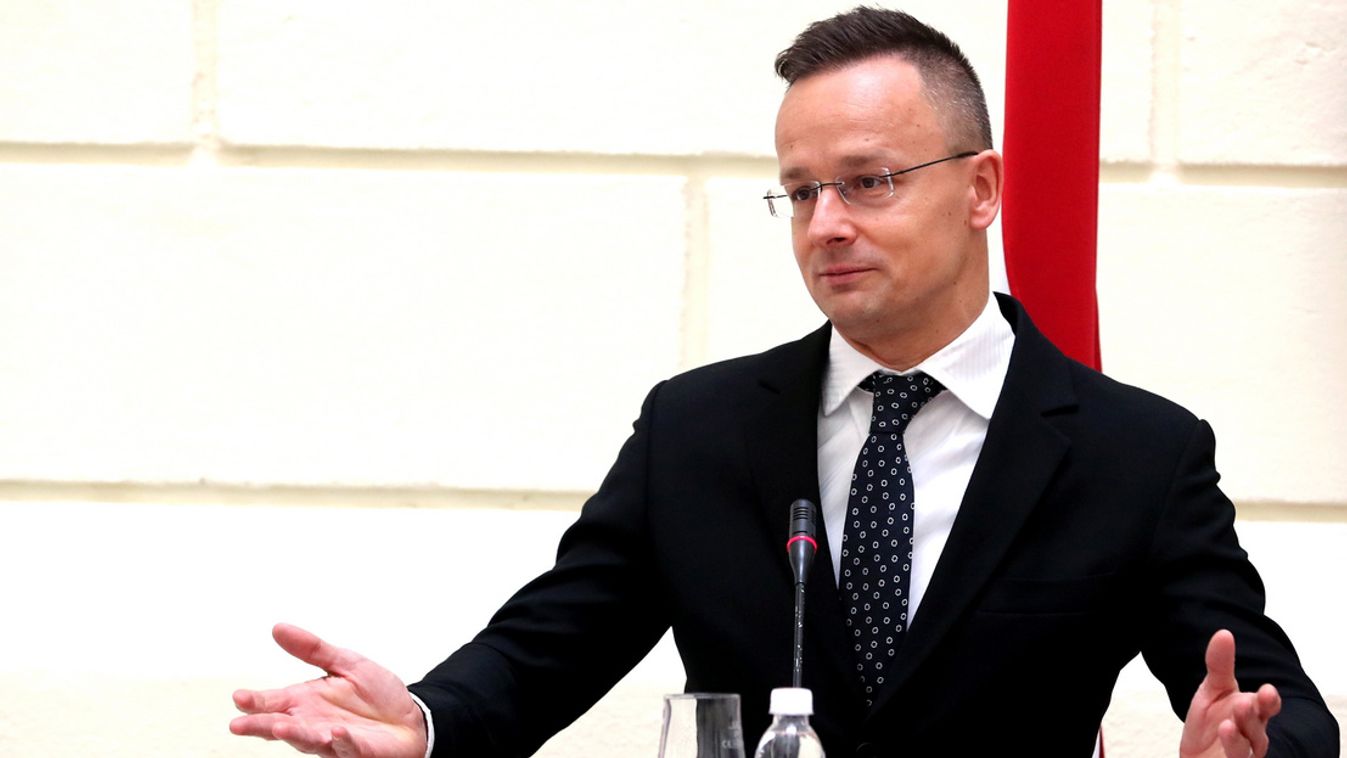
Accession negotiations will start, but the content of the talks is not defined. The decision to open accession talks with North Macedonia was taken in 2015 and with Albania in 2014, and to date, no real negotiations have begun. Hungary has made a good decision: we will have no part in it and we will take no responsibility for it, and we will also exempt ourselves from its consequences, the foreign affairs and trade minister said, pointing out that Hungary will have to resort to the instrument of a hard veto when Brussels wants to force issues into the real negotiating framework that would be disadvantageous to Hungarians,
the minister said. Peter Szijjarto refuted rumors that it was Olaf Scholz, who suggested that Hungarian Prime Minister Viktor Orban should leave the room during the vote, saying that the German chancellor's story was totally unfounded.
További IN ENGLISH híreink
At the same time, Peter Szijjarto described the meetings of the Foreign and General Affairs Councils on Monday and Tuesday as pressure exercises. The reasons why Hungary did not endorse the decision continue to exist, and the ten billion euros of funding unblocked for Hungary cannot change that.
He noted that long-term strategic thinking is missing on part of EU leaders, describing them as heads of shaky and unstable governments, who are solely driven by retaining their popularity ratings.
Rights of the Hungarian minority in Transcarpathia in focus
Speaking about the situation of ethnic Hungarians in Transcarpathia, the foreign minister pointed out that Ukraine began to curtail the rights of the Hungarian minority and the rights of other minorities in 2015. With rights being taken away for eight years, a parliamentary decision does not put the issue straight, and its implementation is also doubtful. Calling Ukraine's credibility into question in this regard, he said that it is not a bargaining chip that they will respect minority rights, and therefore they will get something in return.
További IN ENGLISH híreink
By vetoing the fifty billion euros in aid to Ukraine, we have made this clear, he said. So far, the EU has provided 85 billion euros to Ukraine, and nothing is known about the use of this money, he pointed out. Meanwhile, Hungary, together with Poland, could not access the funds that were approved earlier. In his view, the European Commission is in breach of the law in this regard.
Crucial EP elections
Given the importance of next year's European Parliament elections, the vote will be crucial, he stressed. Europe's competitiveness is at stake, he pointed out. If Europe fails to become patriotic, it will be left behind for good, he said, but expressed hope that a group of parties based on patriotism can be brought together in the new European Parliament to do something about it.
Speaking about trade relations with Russia and China, he highlighted that economic turnover between EU countries and China last year amounted to 865 billion euros, with Hungary accounting for only two percent of the trade. Therefore, there is huge hypocrisy in this area too.
With regard to the Israeli-Palestinian conflict, he stressed three important points: Hungary is and will remain Israel's allies. In addition, Arab counties are Hungary's strategic partners and the solution to peace in the Middle East is, in his view, to keep the Abraham Accords alive. Also, and most importantly, Hungary has been able to move Hungarian people to safety.
With the help of Israel, Qatar and Egypt, we were able to get 560 Hungarian citizens out of Israel and 14 out of 15 from Gaza, and that one person wanted to stay there. The Qataris helped us to free the Hungarian hostages, Peter Szijjarto pointed out. The essence of foreign policy is to build relationships so that if there is trouble, there is somewhere to turn.
Touching on US-Hungarian relations, he said that Hungary's good relationship with the Republican Party and the former president is a stigma in the eyes of Democrats. He called the US ambassador's actions disrespectful and his behaving as if he were the governor unacceptable.
Cover photo: Hungarian Minister of Foreign Affairs and Trade Peter Szijjarto at a press conference with Bosnian Foreign Minister Elmedin Konakovic following talks in Sarajevo on March 22, 2023 (Photo: Fehim Demir / EPA / MTI)
Komment
Összesen 0 komment
A kommentek nem szerkesztett tartalmak, tartalmuk a szerzőjük álláspontját tükrözi. Mielőtt hozzászólna, kérjük, olvassa el a kommentszabályzatot.
A téma legfrissebb hírei
Tovább az összes cikkhez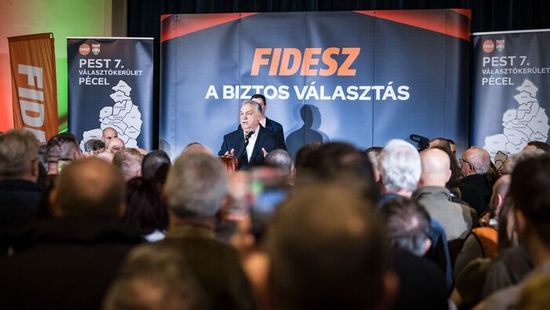
PM Orban: We Will Not Let Big Capital Win + Video
Without Russian oil, the price of gasoline would rise above 1,000 forints per liter, PM Orban emphasized in Sulysap.
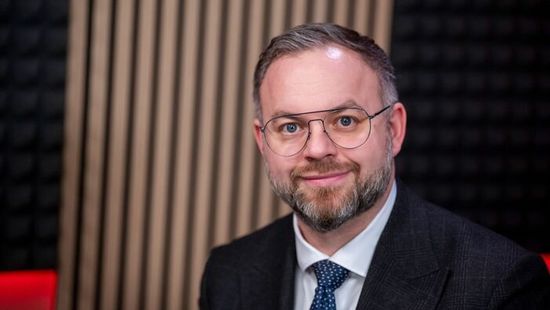
Left Supports Ukraine, PM Orban Defends National Interest
Balazs Orban, PM Orban's policy chief, issued his warning on social media.

Four Years On, Brussels Still Puts Ukraine First
The buildings of the European Commission and the European Council were also lit in blue and yellow.
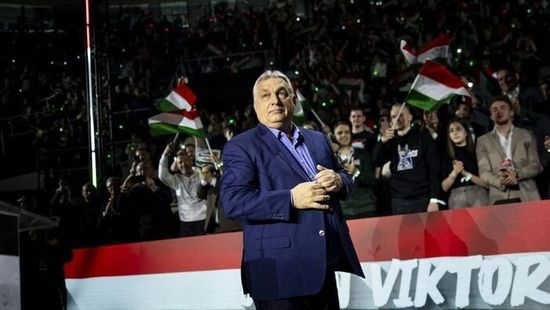
The Air Freezes In Brussels: Hungarian Gov't Will Not Stay Silent As Kyiv Blackmails Hungary
Letter to the President of The European Council.
Ne maradjon le a Magyar Nemzet legjobb írásairól, olvassa őket minden nap!
- Iratkozzon fel hírlevelünkre
- Csatlakozzon hozzánk Facebookon és Twitteren
- Kövesse csatornáinkat Instagrammon, Videán, YouTube-on és RSS-en

Címoldalról ajánljuk
Tovább az összes cikkhez
PM Orban: We Will Not Let Big Capital Win + Video
Without Russian oil, the price of gasoline would rise above 1,000 forints per liter, PM Orban emphasized in Sulysap.

Left Supports Ukraine, PM Orban Defends National Interest
Balazs Orban, PM Orban's policy chief, issued his warning on social media.

Four Years On, Brussels Still Puts Ukraine First
The buildings of the European Commission and the European Council were also lit in blue and yellow.

The Air Freezes In Brussels: Hungarian Gov't Will Not Stay Silent As Kyiv Blackmails Hungary
Letter to the President of The European Council.

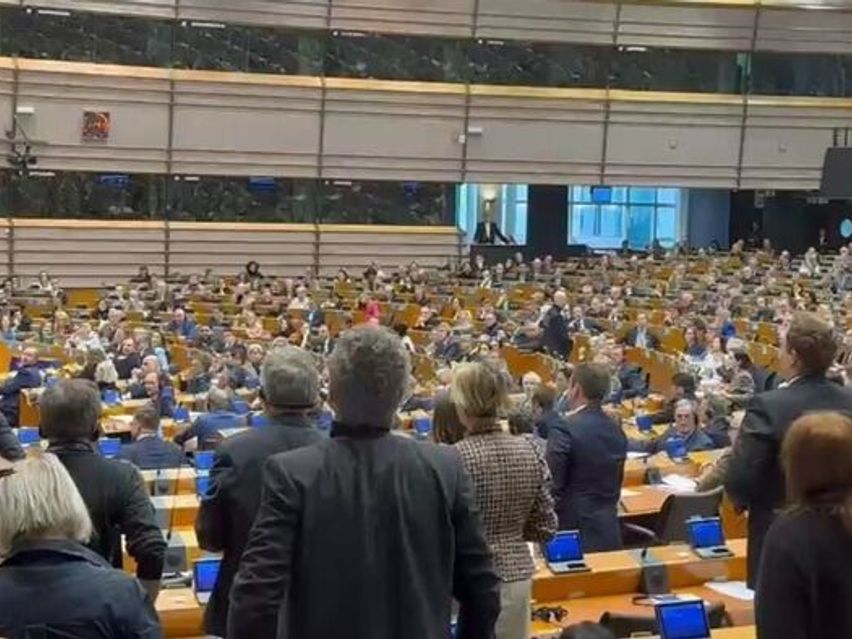
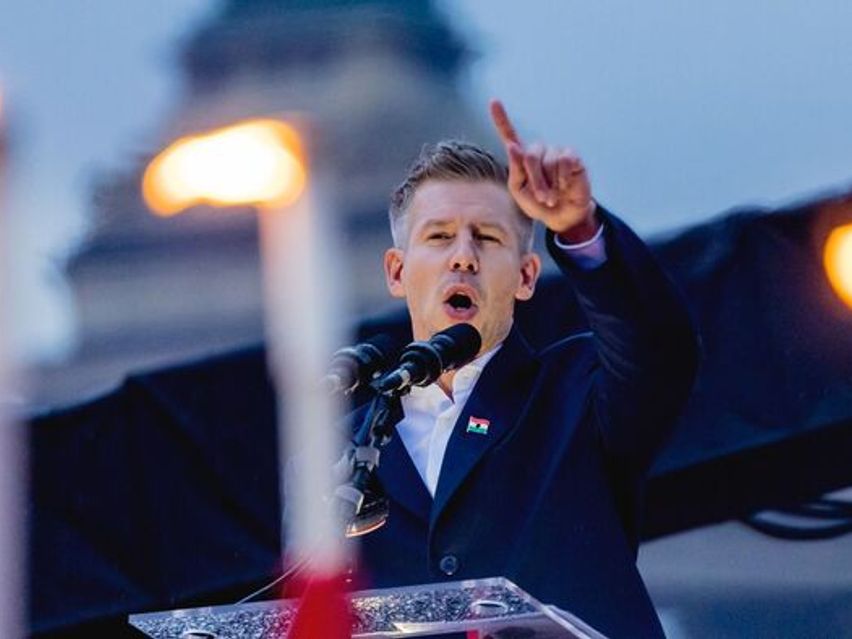
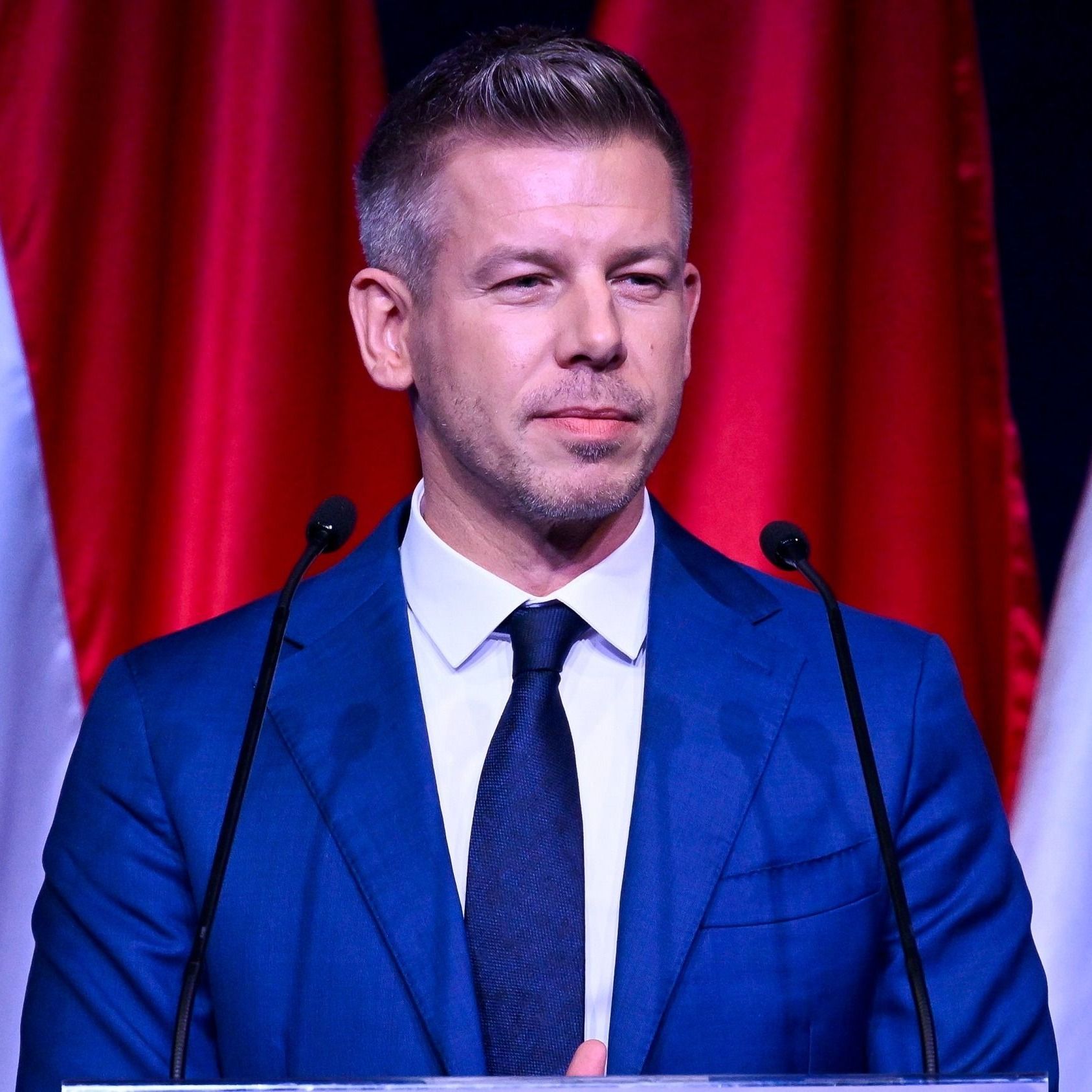


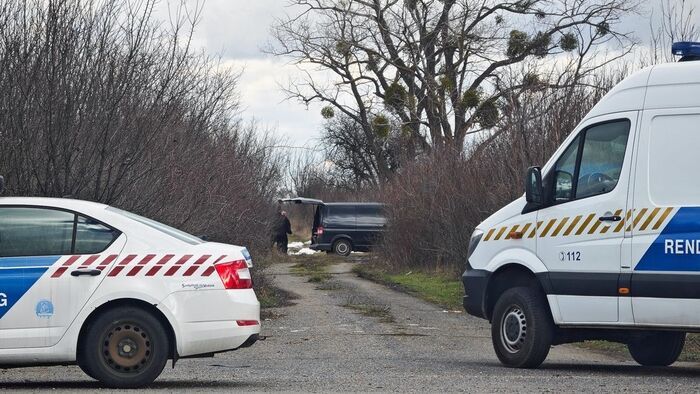

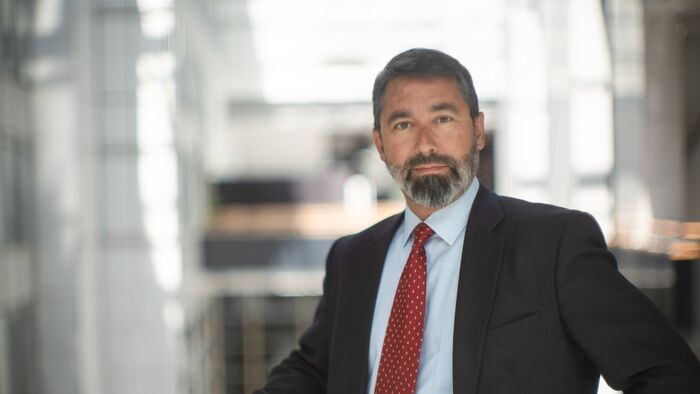

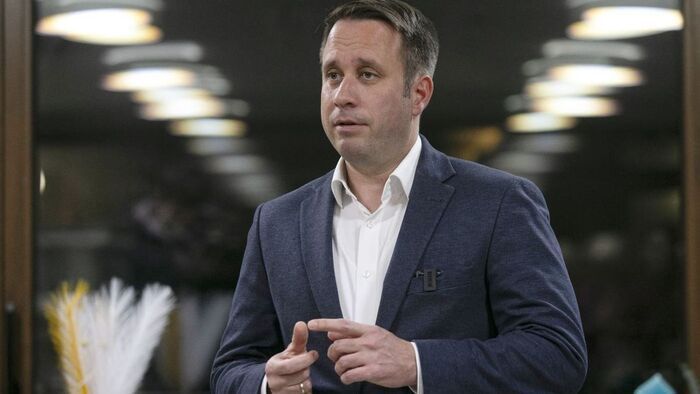
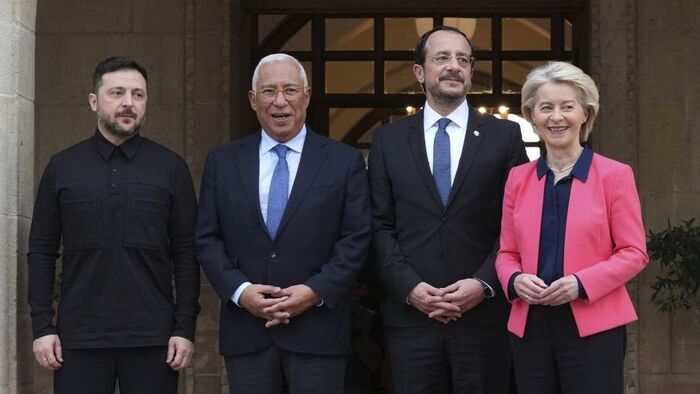
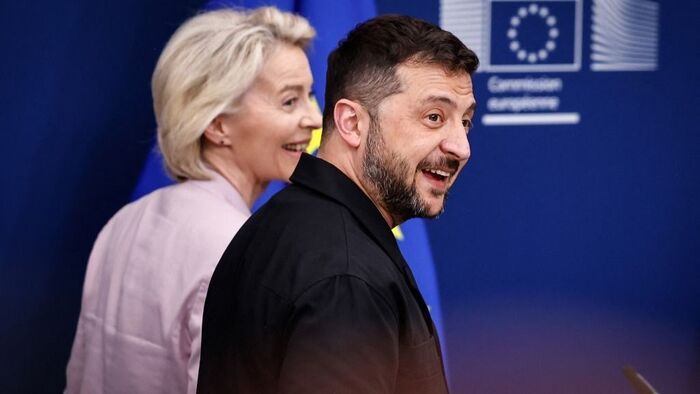

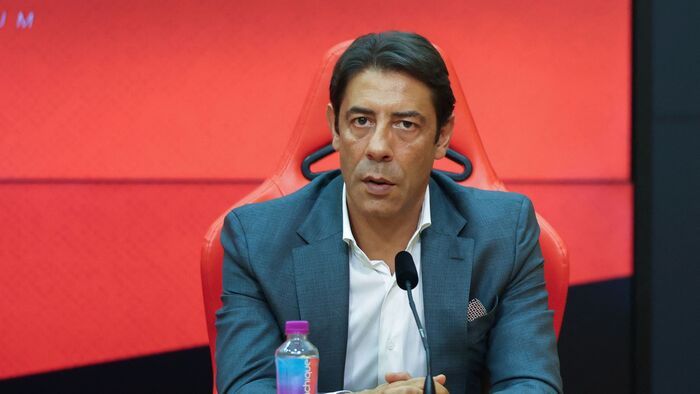
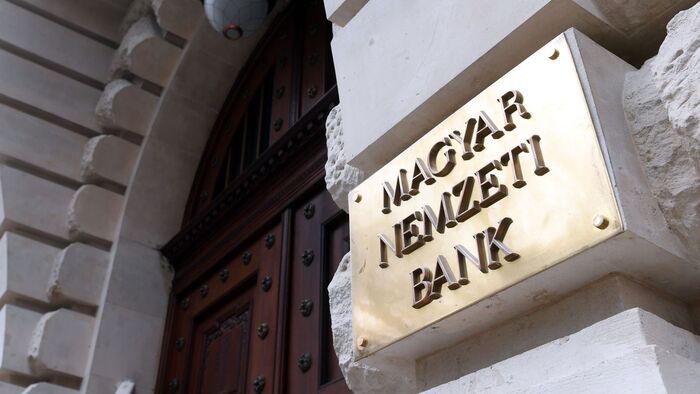


Szóljon hozzá!
Jelenleg csak a hozzászólások egy kis részét látja. Hozzászóláshoz és a további kommentek megtekintéséhez lépjen be, vagy regisztráljon!